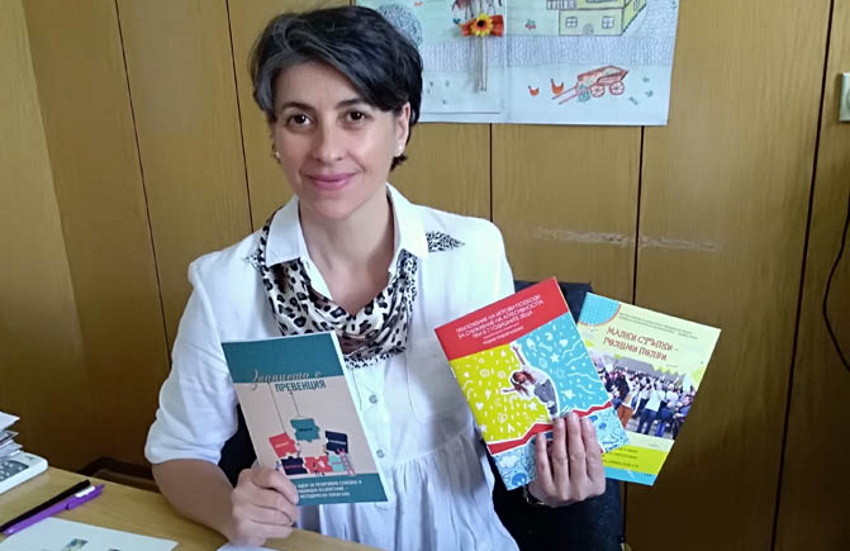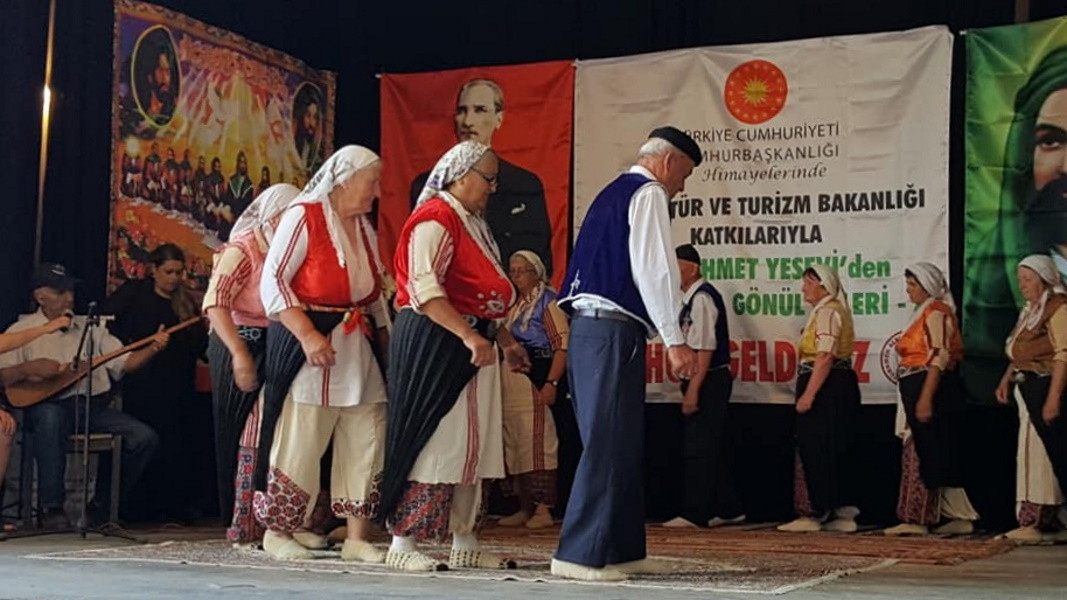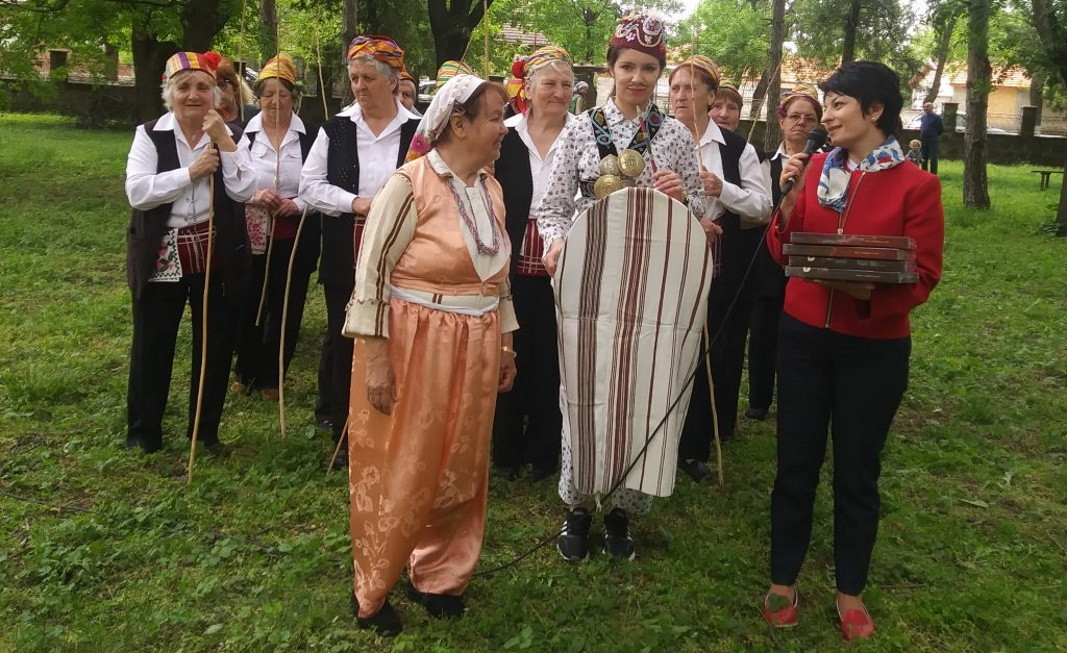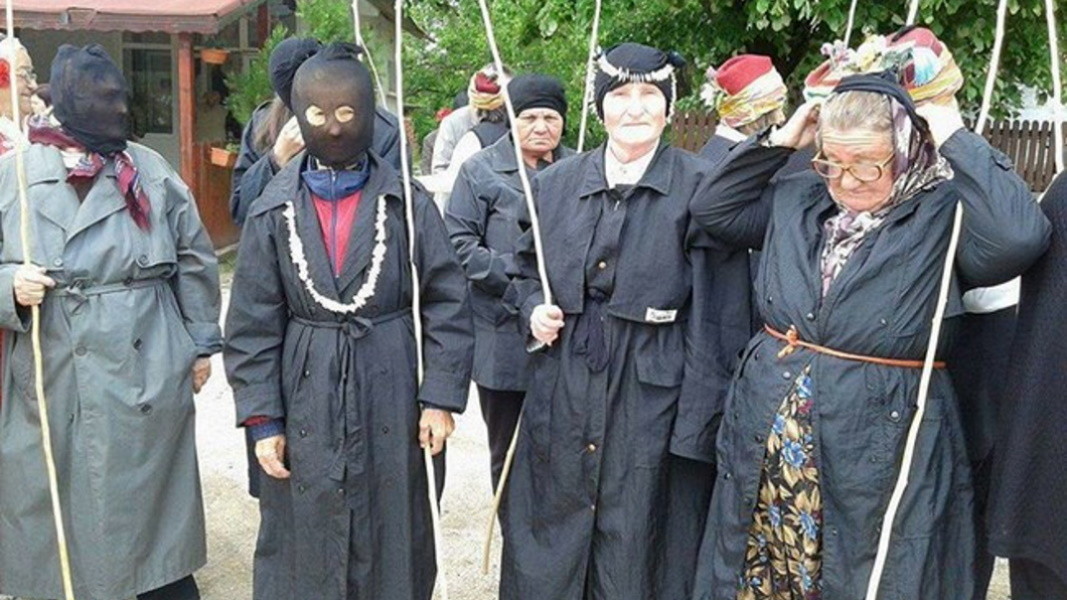They rarely allow external influences, live with their traditions and diligently preserve their identity. Alevis are shrouded in mystery and sometimes it is difficult for others to understand them. They are scattered in different parts of Bulgaria - mainly in the Eastern Rhodopes and Northeastern Bulgaria and their number does not exceed 55,000 people. The Aliani communities inhabit the Ludogorie region in the Danubian Plain where they have coexisted for centuries with the Bulgarian population in peace and understanding.
Dr. Nadiye Karagyozova was born in the village of Bisertsi (Kubrat Municipality) and grew up in this community. She claims that although she is very close to the local people, they rarely lift the curtain towards their confined world.

But who are the Alevis indeed?
“They are a great mystery to this day”, researcher Dr. Karagyozova says. - They are called Alevis, because this name is associated with revered Saint Ali. The Bulgarian Alevis are a branch of Shi’ism (Shia Islam) - one of the two main branches of Islam which emerged as opposition to Sunni Islam. According to historical sources, some of their ancestors arrived from the territory of present-day Iran and settled in the Ludogorie region and the Eastern Rhodopes which were within the Ottoman Empire.”

Alevis are said to be the mystics of Islam. They believe in personal communication with God through a state close to trance. Women do not wear veils and participate in rituals on an equal footing with men. Moreover, this small Muslim community does not go to Mosques and Madrasas. Alevis honor with candles, wine and mutton soups their saints in the Muslim ritual complexes scattered across Bulgaria (the so called türbe or tekke).
“It is notable that women and men are equal within this community. Human values such as equality and freedom are deeply rooted in their belief. This is evident in their ritual dances- Nadiye Karagyozova adds. - Christians and Muslims have coexisted in my home village of Bisertsi for nearly 600 years. The Alevi community is the biggest community in the village. I went to school there and believe me I don’t remember any ethnic conflict or tension in the village to this day.”

The traditions of Alevis from the Ludogore region are very colorful, yet they are filled with deep symbolism which is often inscrutable for others. Dr. Karagyozova has been researching two of their biggest holidays included in the UNESCO “Living Treasures” list for years.
“Let’s begin with Hudurlez feast. It coincides with our Orthodox feast Gergyovden (Saint George’s Day). Participants perform a war dance with various facial gestures. The group is “armed” with willow twigs which are decorated with beads and horsehair. They go around the village of Bisertsi three times and touch everyone with their twigs for good health. Only women dressed as warriors or in heavy white striped costumes participate at the ritual. ”

The other big feast marks the Persian New Year on March 21. It is known as Nowruz. Participants perform a ritual dance on this day with beautiful, smooth and mystical movements - the so-called Semah. People greet the Sun with this dance and mark the new beginning and the awakening of Earth and nature. The accent on this day falls on the connection between people and nature.
English version: Kostadin Atanasov
Photos: private libraryThe Eastern Rhodopes come to life in the heart of Sofia – with authentic flavoуrs, music and craftsmanship . Residents of the Bulgaria capital have a chance to immerse themselves in the atmosphere of Momchilgrad Municipality and its cultural and natural..
The second annual Bean and Sausage Festival promises to be an unforgettable celebration of flavour and folklore in Zhitnitsa , a village in southern Bulgaria. On 7 September, the grounds of the local equestrian centre will host food lovers..
The Regional Open-Air Ethnographic Museum "Etar" was established as a center for the study of the traditional culture of the Balkan Range people. Today, this unique site near Gabrovo serves as a place where customs and traditions from the Bulgarian..

+359 2 9336 661
